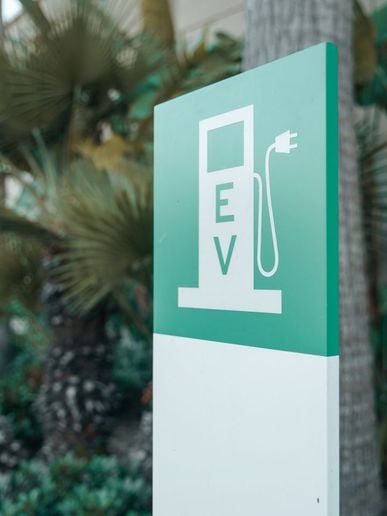EV Fuel-Economy Ratings Could Change

Large automakers have pressed for maintaining the current rating because they say lower values could actually dissuade consumers from buying EVs.
IMAGE: Pexels/Kindel Media
The U.S. Department of Energy recommended the first change to the fuel-economy rating in more than 20 years to require that electric vehicles meet government standards, Reuters reported.
The change in how the government arrives at the petroleum-equivalent fuel economy rating for EVs would decrease petroleum use, the federal agency said.
“Encouraging adoption of EVs can reduce petroleum consumption but giving too much credit for that adoption can lead to increased net petroleum use because it enables lower fuel economy among conventional vehicles, which represent by far the majority of vehicles sold,” it said in its proposal, Reuters reported.
The rating is used in the National Highway Public Safety Administration’s Corporate Average Fuel Economy program.
Large automakers have pressed for maintaining the current rating, Reuters said, because lower values could actually dissuade consumers from buying EVs, the representative Alliance for Automotive Innovation said last year.
Environmental groups advocated for the change, saying higher EV fuel-economy values translate to a small number of EVs assuring compliance, resulting in carmakers’ lineups failing to reflect impactful fuel-economy improvements, Reuters said.

